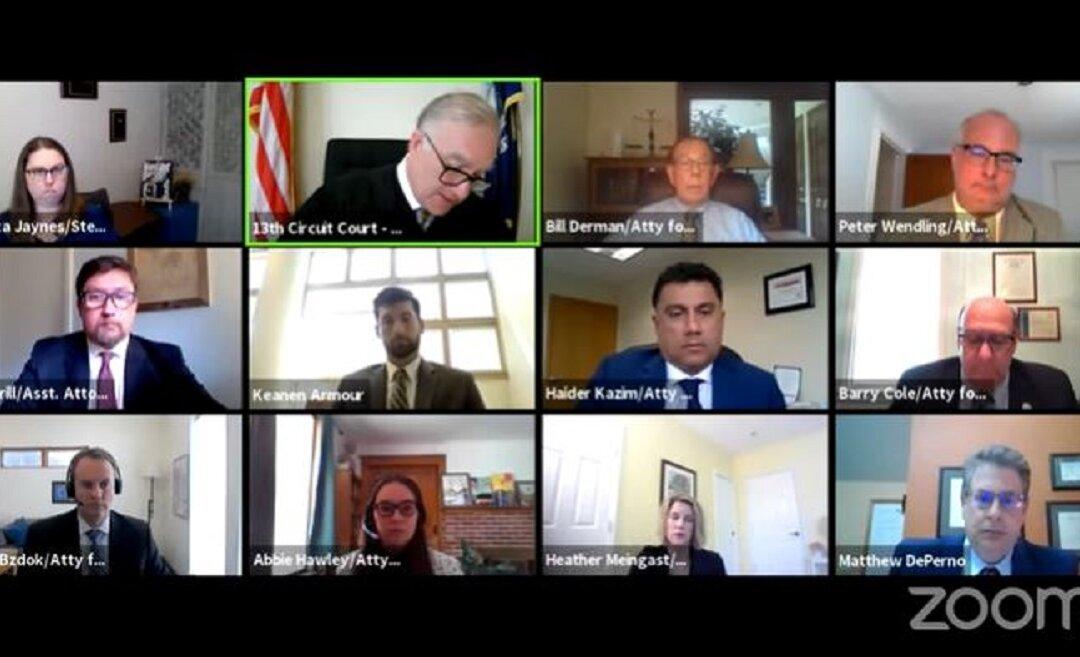A judge in Michigan will rule next week on whether to dismiss a case alleging that fraud occurred in the 2020 election.
Judge Kevin Elsenheimer of the 13th Circuit Court heard arguments on the motion to dismiss on May 10 and will take about a week to decide whether to allow the case, Bailey v. Antrim County, to move forward.





